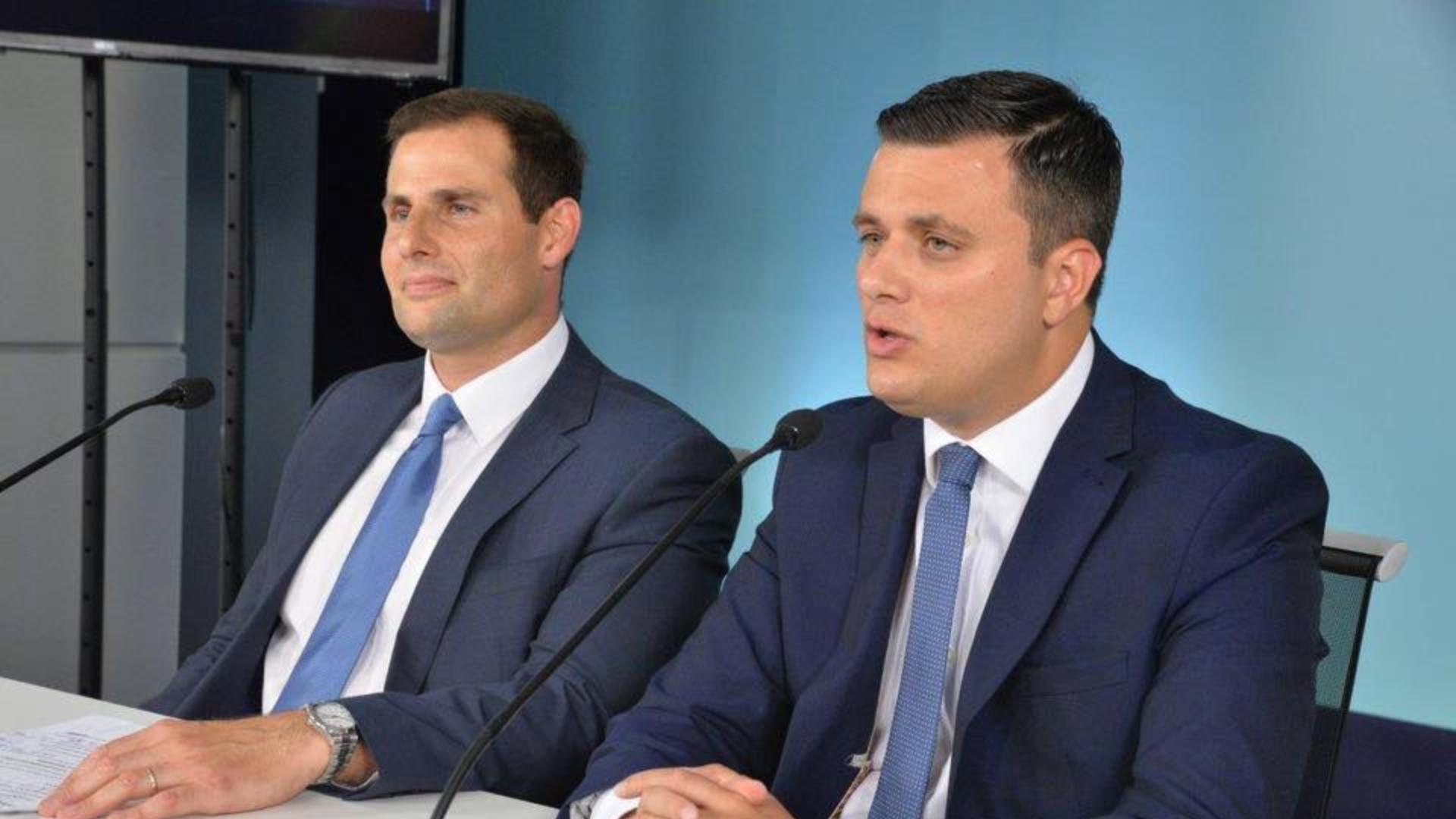The Council of Europe Platform to Promote the Protection of Journalism and Safety of Journalists registered a 40% increase in reports on attacks on journalists, according to its annual report published on Wednesday.
In 2020, the online platform published a total of 201 media freedom alerts – the highest recorded in one year – marking a 40% increase from 2019. A record 52 alerts concerned physical attacks on journalists while 70 cases involved harassment and intimidation.
The report is based on the alerts registered on the platform and underscores the key areas of law, policy, and practice where partner organisations consider that actions are urgently required. The report also proposes recommendations for actions that need to be taken by Member States and relevant bodies of the Council of Europe in order to meet their obligations towards the safety of journalists.
"In 2020, we registered a record number of alerts on the Platform for the Safety of Journalists concerning physical attacks & cases of harassment or intimidation. 52 cases of physical attacks. 70 cases of intimidation. This must stop".
w/ @Molenews1 @EFJEUROPE#EuropeForFreeMedia pic.twitter.com/RJOSqoi8em— Council of Europe Media Freedom (@CoEMediaFreedom) April 28, 2021
The key areas of concern highlighted in the report include extraordinary restrictions imposed by governments across Europe on journalists’ activities under the guise of emergency COVID-19 measures; an entrenching of the culture of impunity; increased threats and physical violence; judicial harassment in the form of vexatious legal threats (SLAPPs) and State-led media capture as a method to undermine independent journalism.
The report further notes that the lack of progress in bringing the perpetrators or masterminds of the murders of journalists to justice is alarming and that 24 cases of impunity for the murder of 38 journalists are still listed on the platform as active. These include the cases of Daphne Caruana Galizia, Jamal Khashoggi, Ján Kuciak, Anna Politkovskaya, and Pavel Sheremet, among others.
The platform’s partner organisations welcomed the progress of the ongoing public inquiry into Caruana Galizia’s assassination but remain “concerned at the government’s attempted interference in the inquiry and remind the authorities that the inquiry board must be permitted to independently fulfill the terms of reference, with a view to bringing everyone behind her killing to justice”.
The report also tackles the issue of criminal defamation and ‘insult laws’ and how they are still widespread in Europe, but also how a number of lawsuits were brought by powerful individuals or companies with little legal merit designed solely to intimidate and harass journalists by introducing burdensome legal costs (SLAPPs).
In Malta, these included The Shift, The Times of Malta, Malta Today, the Malta Independent, and Lovin Malta, that in May and June 2020 all received letters from UK-based law firm Atkins Thomson and US-based law firm Lambert Worldwide on behalf of Turab Musayev, a British-Azerbaijani entrepreneur, demanding the removal of articles and threatening legal action. In another example, journalist and blogger Manuel Delia and newspaper Times of Malta were sued in Bulgaria by Christo Georgiev, the Bulgarian co-owner of the Maltese Satabank.
The report covers in great detail the State-led media capture that is increasingly being used as a method to undermine independent journalism and media pluralism – a phenomenon that has continued to grow in several Council of Europe countries. Governments have exploited economic, regulatory, and legislative competencies to discriminate against independent media and weaken their market position. These disturbing developments were most clearly seen in Hungary and Poland. This includes how governments exploited State funding for the media to punish critical media outlets and reward friendly ones.
Media capture involves the exploitation of state power to control the media landscape, and undermine any independent media that exist.
Wanted! Real action for media freedom in Europe
👉https://t.co/1IKSXOq6YF
w/ @scott_f_griffen of @globalfreemedia#EuropeForFreeMedia #WPFD2021 pic.twitter.com/TmxCs6beLW— Council of Europe Media Freedom (@CoEMediaFreedom) April 28, 2021
In Turkey, for example, independent newspapers such as Evrensel and BirGün faced State advertising bans in 2020. In Poland, the distribution of advertising of state-owned companies has been shown not to correspond with market logic, with critical media receiving disproportionately low amounts. State funding was also the subject of a platform alert from Greece after Greek media critical of the government were excluded or side-lined from a €20 million financial support scheme during the COVID-19 pandemic.
Based on the findings of the report, the platform partner organisations put forward a number of recommendations. They call for more efforts to improve the number and quality of State replies and for Member States to engage in action-oriented dialogue. Member States should also apply best practice regarding police protection of journalists’ safety at public events and must enact laws and institutional safeguards to prosecute and deter online abuse against journalists.
The recommendations also emphasise the need to end the criminalisation of journalism and abuse of the criminal law by State actors as well as to end impunity in cases involving attacks and abuses against journalists.
Ahead of World Press Freedom Day on 3 May, Council of Europe Secretary-General Marija Pejčinović Burić issued a statement urging European governments to show stronger political will to protect journalists and independent journalism in order to put a stop to the deterioration of media freedom in the continent.
The Secretary-General expressed concern at the findings of the annual report of the Platform for the Protection of Journalism and the Safety of Journalists, released on Wednesday by 14 international media freedom organisations.
The statement also added that “It is time to recall that states have an obligation to ensure that journalists can carry out their work free from violence and intimidation and fulfil their role as public “watchdog”, which includes holding public authorities accountable for their decisions and action. The Council of Europe stands ready to support its member states to create and promote an environment where plural, diverse and independent media can perform their role and contribute to making our democracies more robust.”












